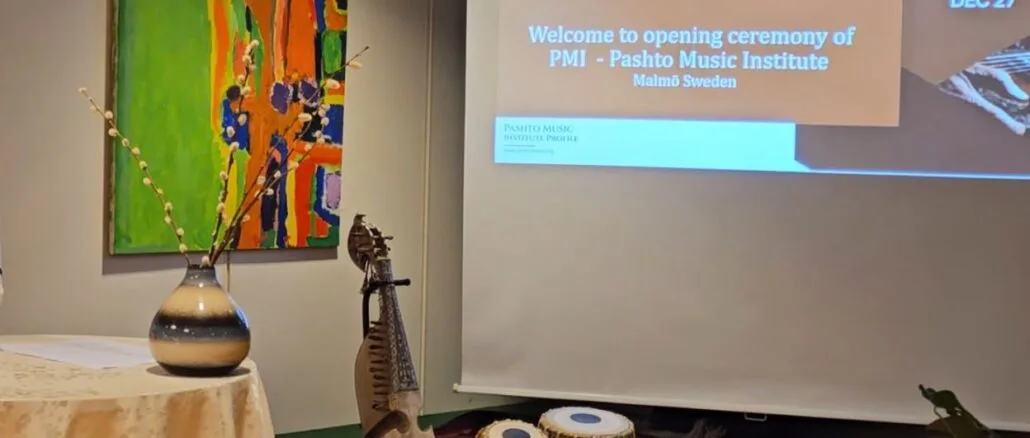
By Walma Zala, Arts & Culture Correspondent
MALMÖ, Sweden — December 27, 2024
In a momentous gathering dedicated to safeguarding cultural identity, the Pashto Music Institute (PMI) marked its soft launch on Friday in Malmö, Sweden. The occasion signaled the dawn of a new era for Pashto music—a vital yet often marginalized facet of the broader Pashtun heritage. Against the backdrop of Malmö’s vibrant tapestry of global cultures, officials, scholars, artists, and supporters converged to honor Pashto music’s storied past, recognize the obstacles confronting its practitioners, and outline an ambitious vision for its revival and global resonance.
A Soft Launch with Profound Implications
Although billed as a “soft launch,” the event carried great symbolic weight, underscoring the urgent need to safeguard centuries-old musical forms in an ever-changing world. Attendees included leading voices in the Pashto music community, cultural scholars, educators, and advocates eager to see Pashto musical traditions placed squarely on the global map.
“This institute is a labor of love and dedication,” declared Chairman Haroon Bacha, a well-known Pashto singer and journalist, in his opening remarks. “From research in Kabul, Jalalabad, Kandahar, Peshawar, and Quetta to collaborations in the U.S., Europe, and Australia, this is the first step toward building a sustainable future for Pashto music.”
Haroon Bacha, revered for his significant contributions to Pashto folk music, reminded the audience of music’s power to transcend conflict and foster dialogue. He stressed that by formalizing their collective efforts through the Pashto Music Institute, artists and cultural custodians are better equipped to promote peace, unity, and creativity through Pashto music.
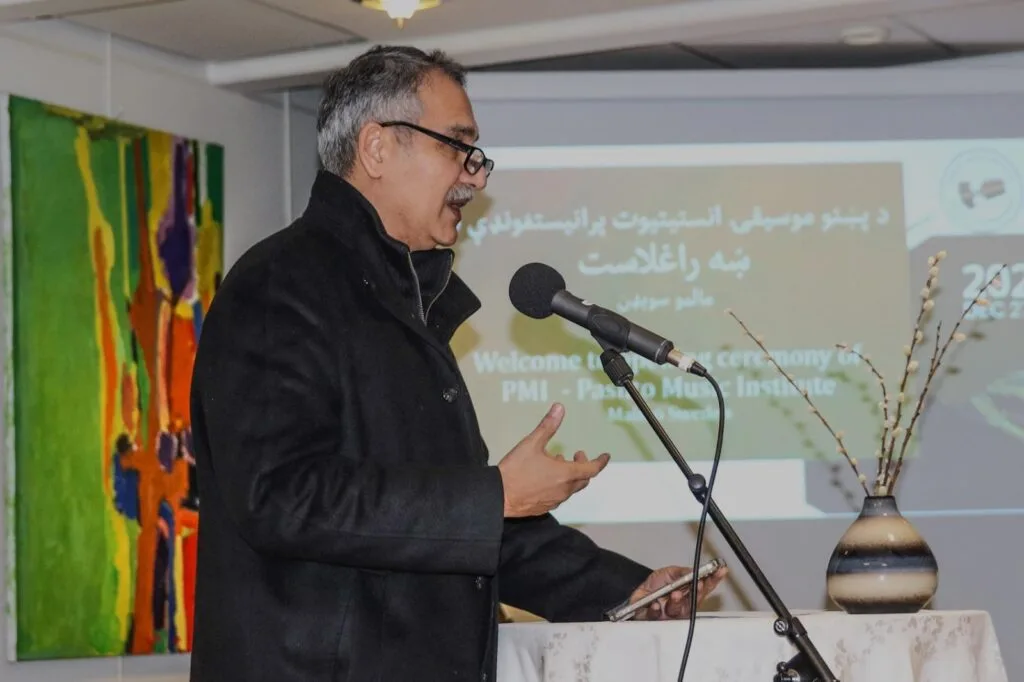
Research that Illuminates Cultural Challenges
One of the event’s centerpieces was a detailed presentation by Dr. Attaullah Saeedzai, Lead PMI Researcher, who shared key findings from a comprehensive study delving into Pashto musicians’ social, cultural, and economic realities. Particularly distressing was Dr. Saeedzai’s account of how female artists face disproportionate adversity—ranging from societal stigmatization to limited professional opportunities.
“Our research underscores the need for urgent action—archiving our music, advocating for its preservation, and ensuring international recognition through institutions like UNESCO,” Dr. Saeedzai emphasized.
He cited ongoing efforts to digitize thousands of hours of archival recordings, highlighting the fragility of physical tapes and the pressing need to safeguard them in digital repositories.
The Institute’s Vision and Structure
In a striking call to action, PMI Board Member Mushtaq Rahim spoke about how the Pashto Music Institute aims to operate as much more than a music school.
“PMI is more than a collective; it is a think tank for Pashto arts,” Rahim explained. “Our mission is to create platforms, expand digital reach, and promote Pashto music globally.”
Rahim shed light on PMI’s structural blueprint, which rests on four key pillars:
- Preservation of Cultural Heritage – Building digital archives to store recordings, compositions, and cultural artifacts.
- Education and Skill Development – Providing formal educational programs, workshops, and seminars in Pashto music theory, composition, and performance.
- Innovation and Artistic Development – Supporting new compositions and artists, integrating modern technology to keep Pashto music culturally relevant.
- Cultural Exchange and Outreach – Fostering cross-cultural collaborations, forging partnerships with other institutions, and organizing events that showcase Pashto musical traditions worldwide.
Historical Dimensions and Calls to Action
The launch event also offered a platform for cultural historians and scholars. Cultural Scholar Ghafoor Liwal, a guest speaker, provided insight into how colonial powers historically attempted to suppress Pashto music to weaken unity among Pashtuns.
“Music is neither haram nor halal; it is a necessity, like water,” Liwal stated. “Without it, we lose part of ourselves. Reclaiming music is reclaiming our cultural identity.”
Ziauddin Yousafzai, father of Nobel Prize laureate Malala Yousafzai, an educational entrepreneur and a prominent advocate for universal education, appeared via a video message. He lauded the Institute’s work, underscoring that Pashto music’s universal language of peace could help mend social rifts and bring communities closer.
“Music transcends borders and connects hearts,” Yousafzai said. “Pashto music, with its rich legacy, can become a universal language of peace and understanding.”
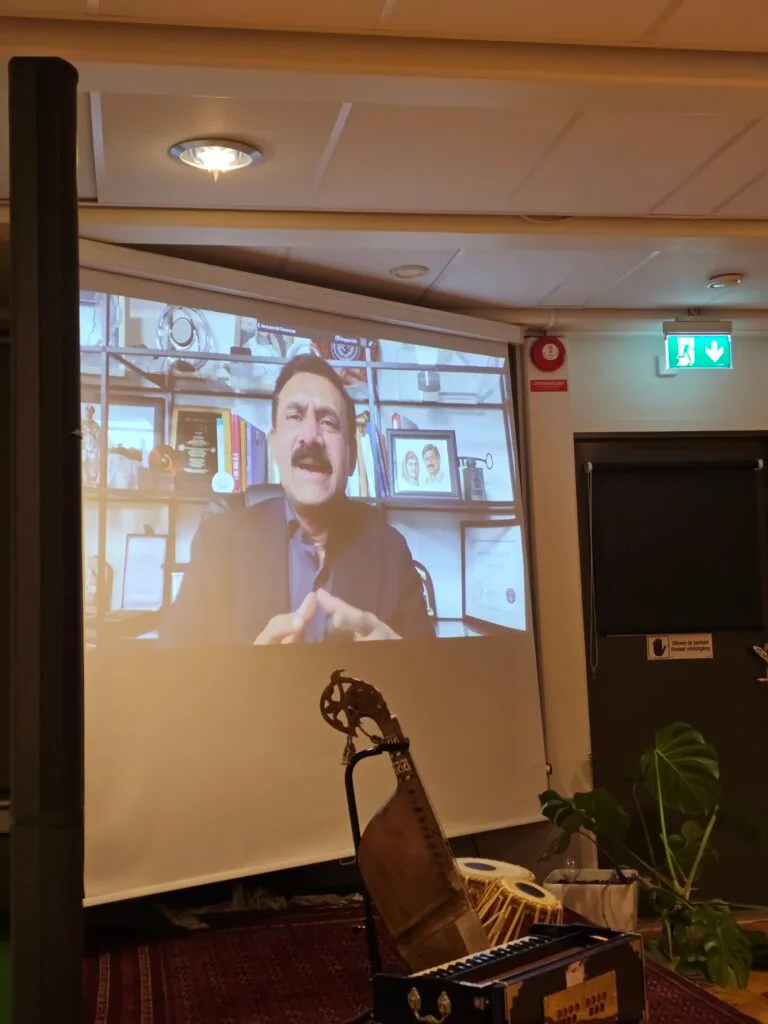
Performances and Cultural Insights
Amid scholarly discourse, the event also gave space for performances that captured the spirit of Pashto music’s history as an art form of communal storytelling. Traditional songs and instrumental pieces animated the gathering, reminding attendees of music’s enduring role in capturing the joys, tragedies, and evolving identity of the Pashtun community.
Speakers touched on the stigmas and misconceptions that often marginalize musicians, emphasizing the need for robust advocacy, legal safeguards, and economic opportunities. They insisted that society must change its outdated perceptions and treat musical traditions as indispensable aspects of cultural life.
Addressing the Challenges Head-On
In aligning its initiatives with both heritage conservation and forward-looking innovation, the Pashto Music Institute provides solutions for critical problems:
- Shrinking Opportunities for Traditional Performers: By establishing a permanent archiving mechanism and regularly hosting performances, PMI aims to create employment avenues for traditional artists and connect them with a global audience.
- Educational Gaps: The institute’s formal training programs will fill the void of educational institutions that specialize in Pashto music theory, performance, and composition.
- Cultural Suppression: Decades of social, political, and even colonial suppression of Pashto music have threatened its existence. In particular, following the Taliban’s return to power in Afghanistan in August 2021, the regime has imposed a total ban on music. Singers can no longer perform, and in the past three and a half years, tens of thousands of musical instruments have been confiscated and destroyed. Consequently, countless Afghan singers and musicians have lost their livelihoods, with many now living in severe poverty due to unemployment.
PMI’s advocacy efforts aspire to shift societal and institutional attitudes, ultimately garnering recognition for Pashto music as a significant cultural resource.

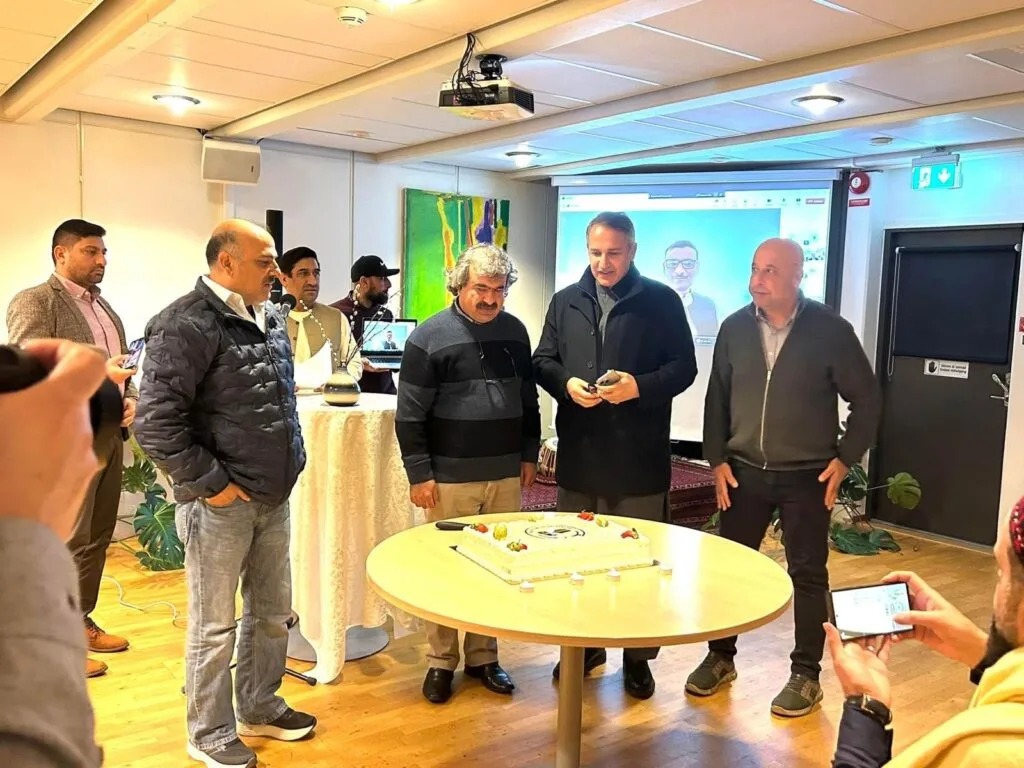
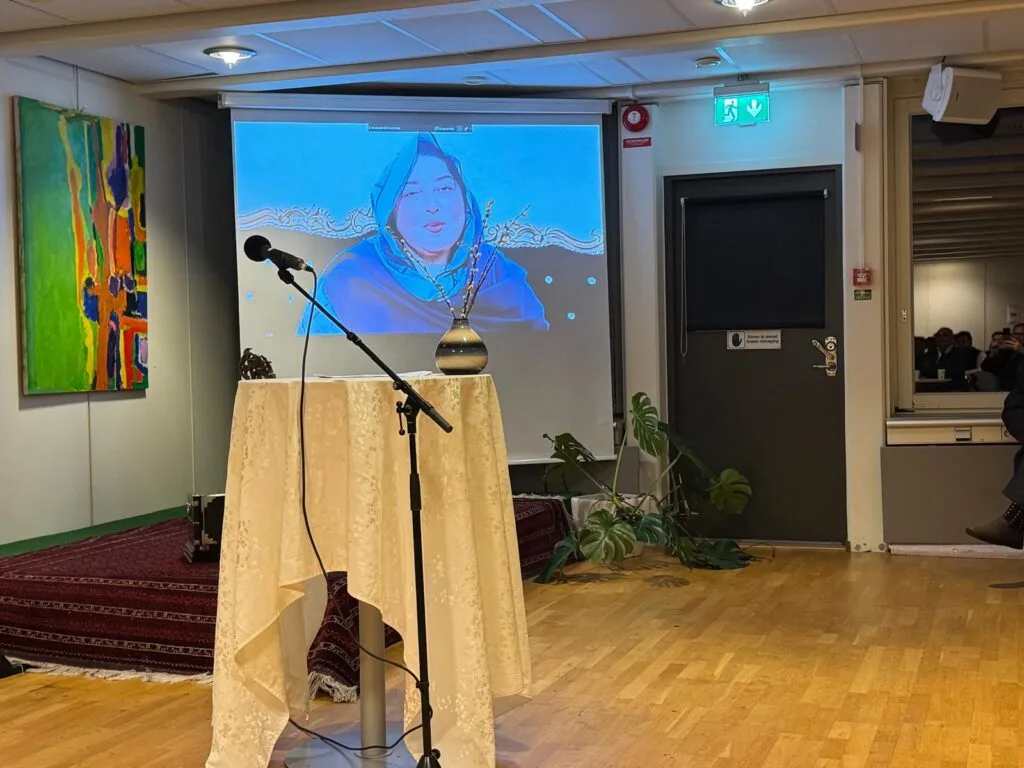
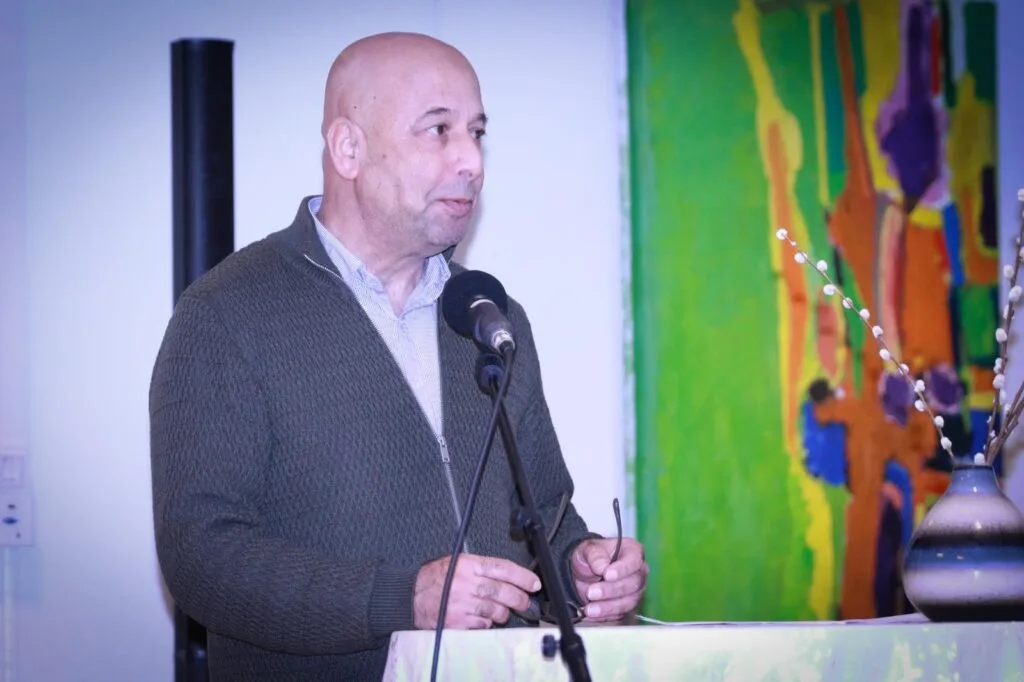
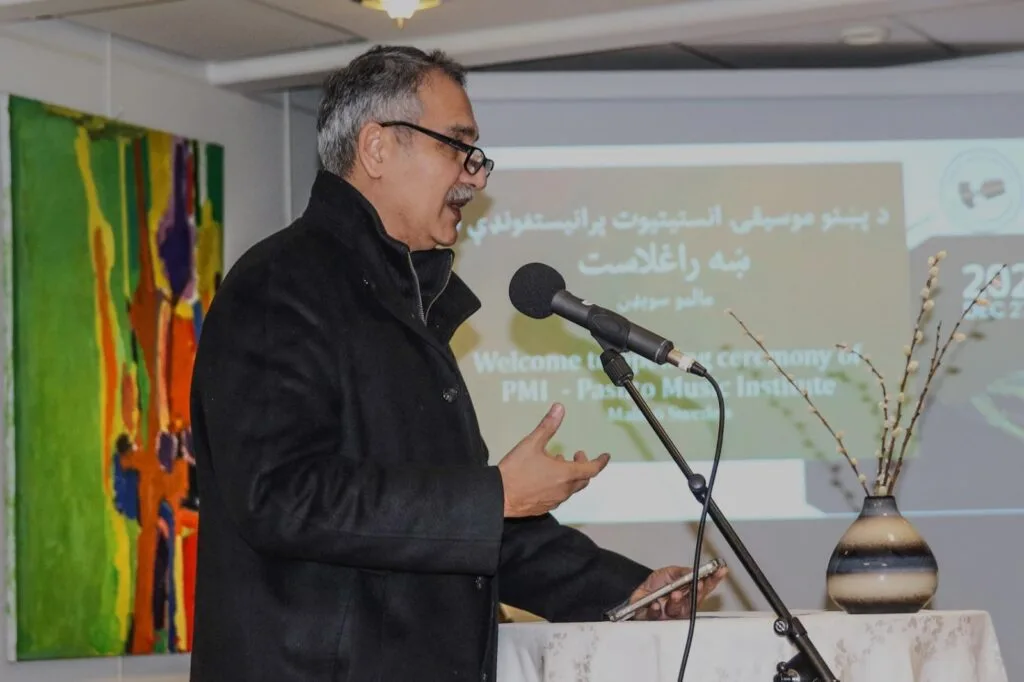
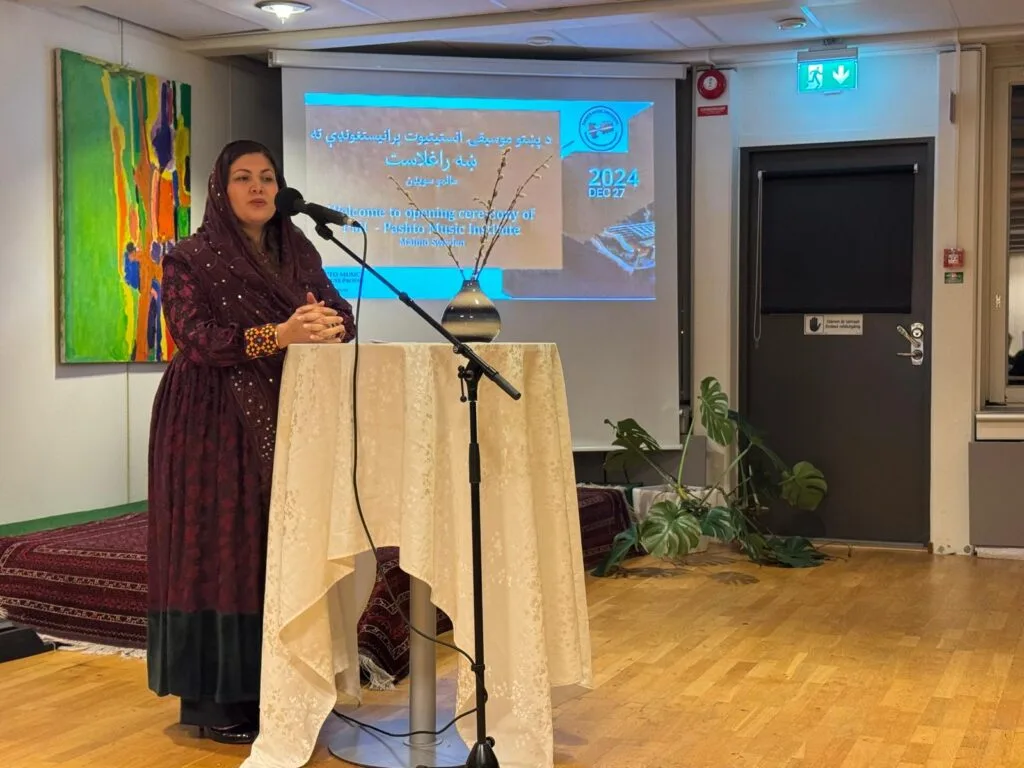
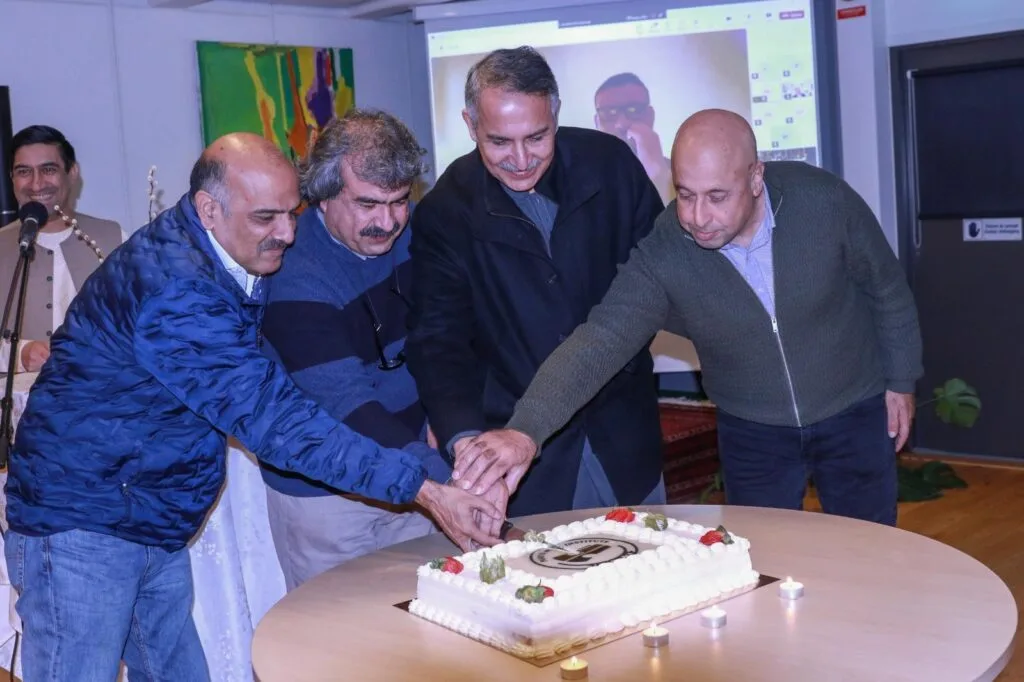
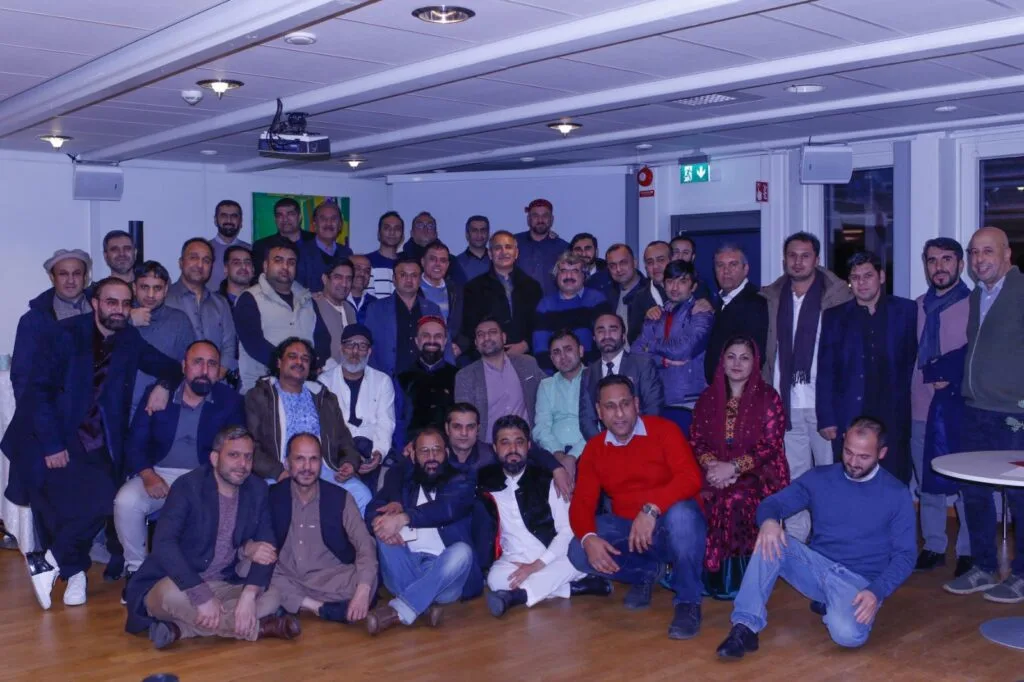
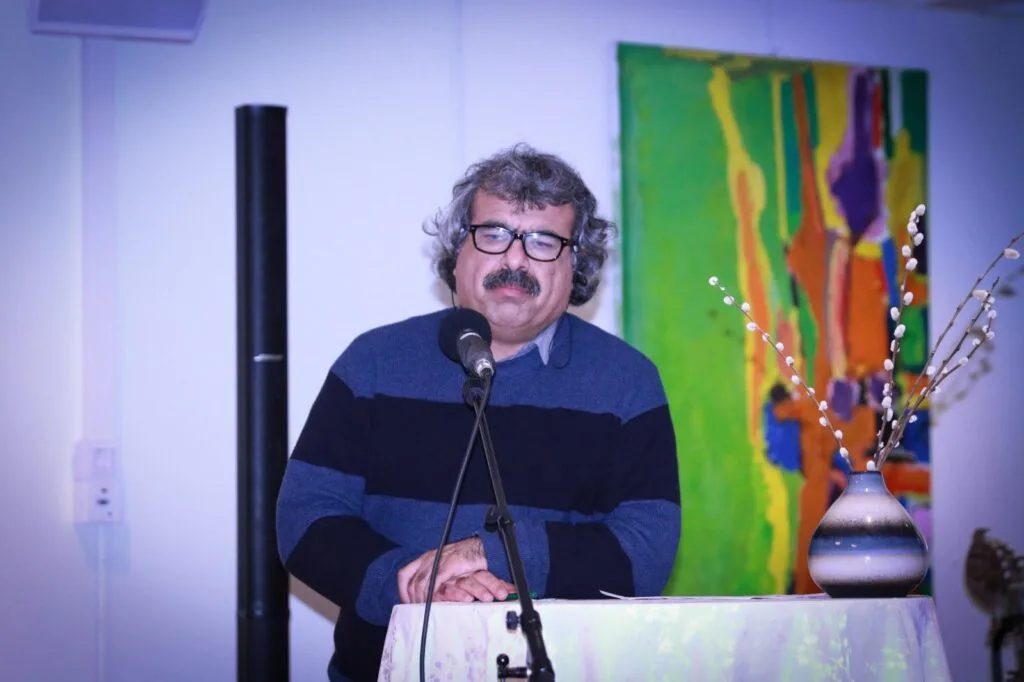

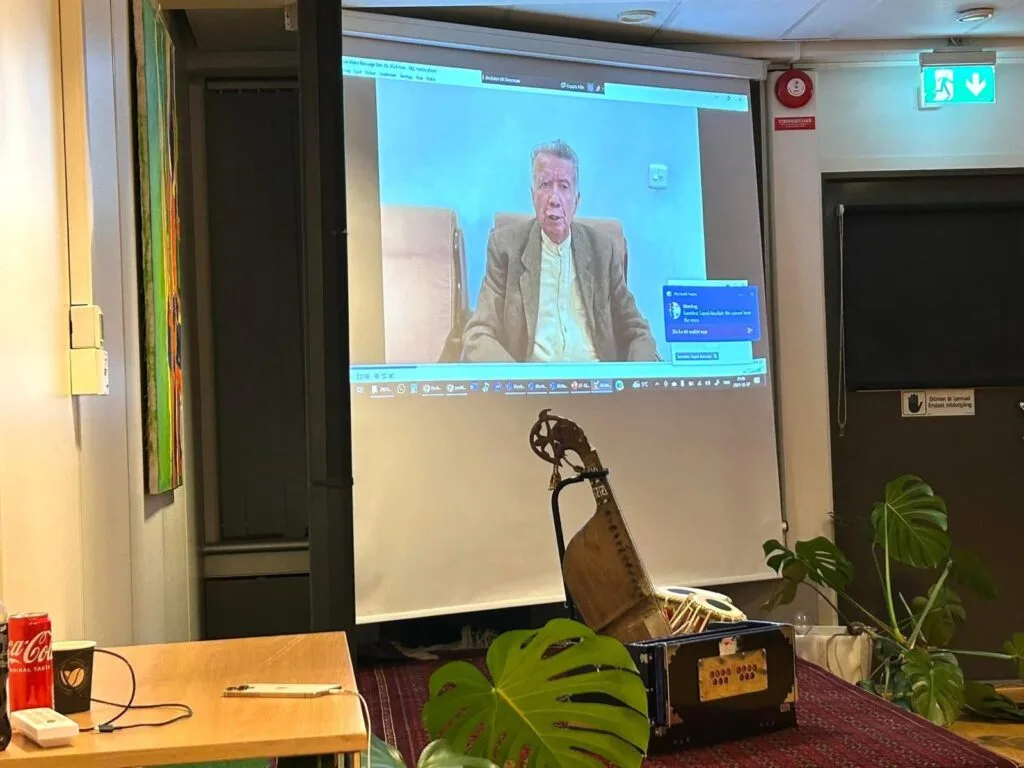
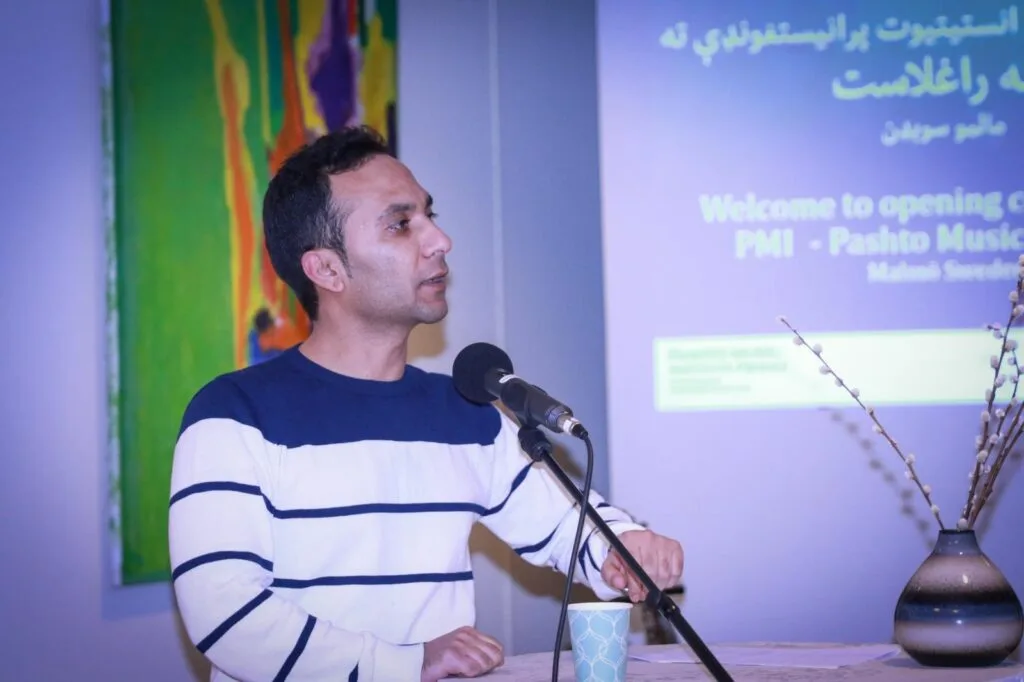
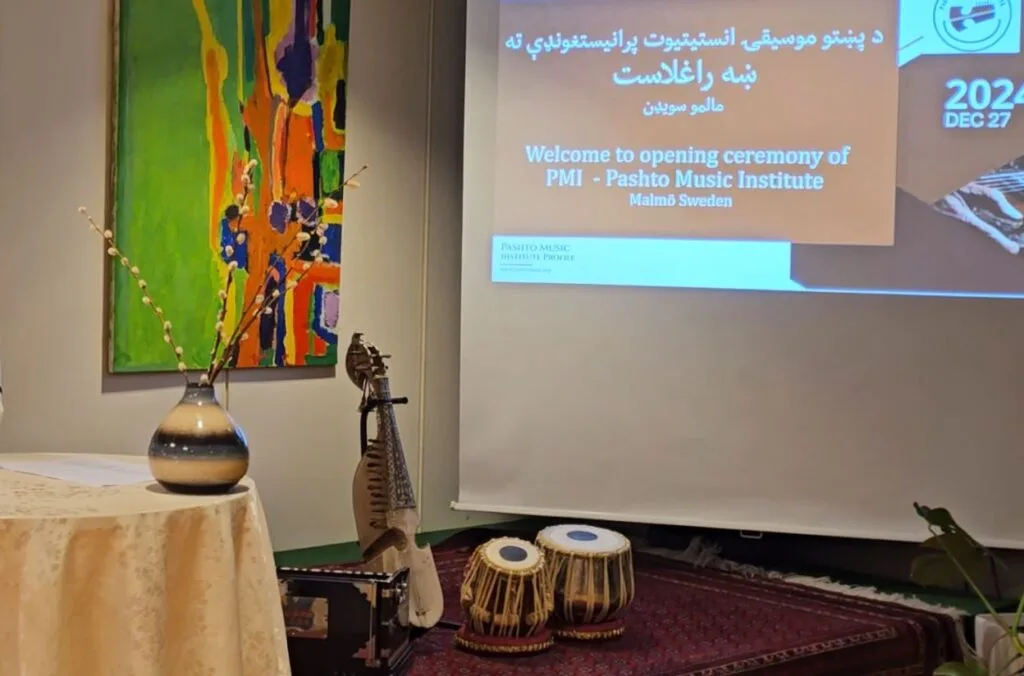
A Look Ahead
With its roots in academic research, global collaboration, and local community engagement, the Pashto Music Institute begins its journey as a pioneer—an institution with the power to protect an embattled cultural treasure. As it cultivates a new generation of musicians and preserves invaluable recordings, the Institute promises to expand the footprint of Pashto music across borders.
The Institute’s vision resonates with its mission: “revitalizing and promoting Pashto music as a dynamic cultural force, fostering unity, prosperity, and global recognition.” By aligning research, creative production, and strategic advocacy, PMI aims to ensure that Pashto music survives and thrives on local stages, digital platforms, and international concert halls.
“The launch of PMI symbolizes hope for a thriving Pashto musical ecosystem,” Haroon Bacha concluded. “Our collective work will empower future generations to appreciate and advance a culture that has given the world so much beauty and resilience.”
About the Pashto Music Institute
The Pashto Music Institute is a groundbreaking institution dedicated to preserving, promoting, and developing Pashto music. Rooted in scholarly research, the Institute provides educational programs, fosters artistic innovation, and advocates for policy reforms. PMI strives to secure a sustainable future for Pashto music while elevating it onto the global cultural stage by creating digital archives, modern production facilities, and outreach platforms.
For more information or to get involved, visit www.pashtomusic.org.
Contact:
Pashto Music Institute (PMI)
Website | Email: info@pashtomusic.org





1 Trackback / Pingback